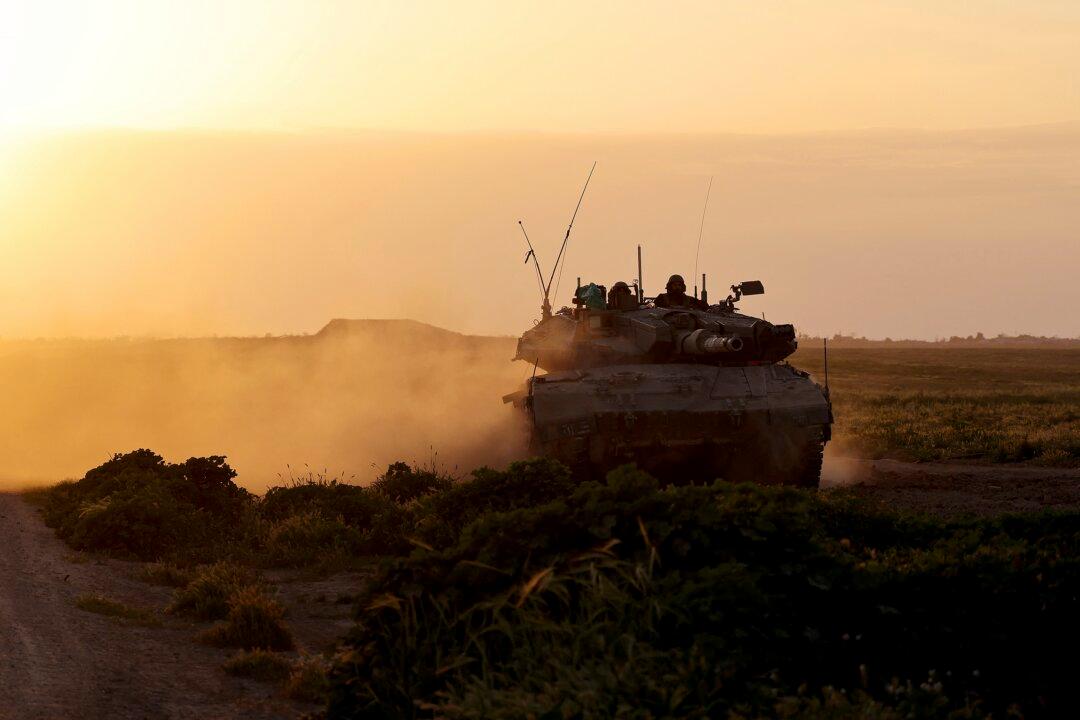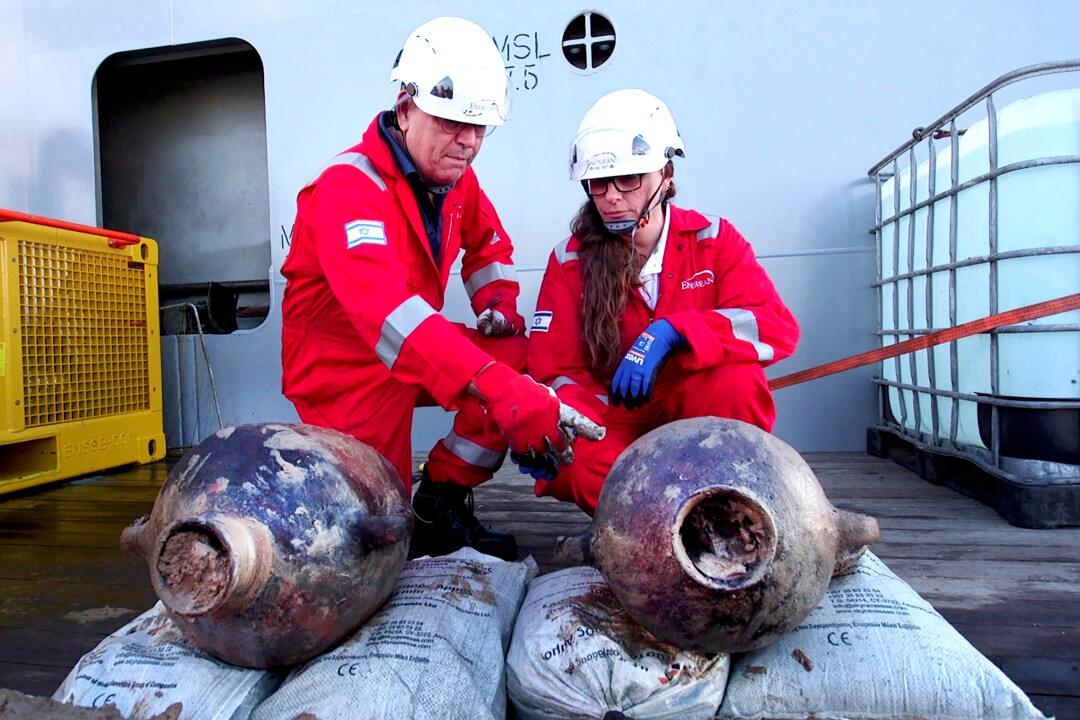The Hamas terrorist group is seeking a ceasefire with Israel before the Muslim Ramadan period of fasting, it said Wednesday, while Israel and the United States say a deal for a pause is offered, and now the decision lies with Hamas.
The two parties are seemingly both saying the decision is to be taken by the other if certain conditions are met in a period when, historically, the Israel-Palestinian conflicts increased by a high degree.





